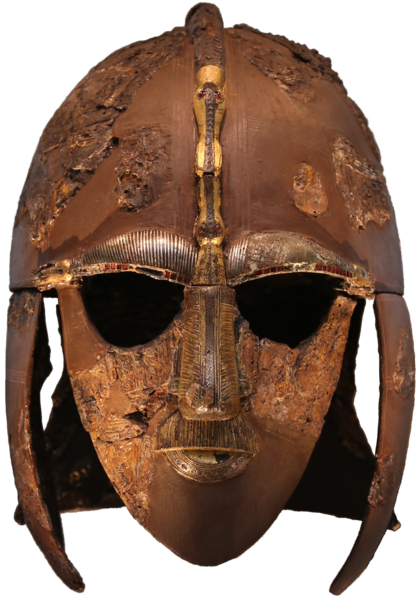Preventing the Saxon Raid
The heroes get word that Jarl Athelbrooke is on the move from Nuremburg to Auswerchen in preparation for him & his theigns to carry out a raid to take out Grimmaz. They class him as unfinished 'business'.
Plot points/Scenes
The heroes need to take out Barnard Athelbrooke. Any that gets in his way can be killed or left to live. Grimmaz has the final decision to kill Athelbrooke in single combat or hand him over to the Frankish authorities.
They do have the chance to prevent the attack happening and most of the theigns & frydmen are there to cause a distraction while Athelbrooke and five cronies (all theigns) try to slip over the border into Eschbach. With some successful tracking & Perception, they can pick up on this. If failed and too late there may be a death or two in the town's ranks (a 50% 1d100 chance that at least one of the Council of Three or other named character dies as a result).
Either way, there is still the chance of capturing or killing Athelbrooke.
If he is, then any further threat is neutralised for the foreseeable future, but the Sazons will swear revenge and the theigns may either escape or be killed in battle by the heroes or townspeople / Burgeaters.
What the heroes will find is a note from Lord Diablos asking that Grimmaz is to be killed at all costs and it is the will of his masters that this happens. A name is mentioned: Dassem Luqman (name meaning: Unknown Wise one). It appears to be wrote in cuneiform with a translation into Saxon below it. Also, they find three pages of a cuneiform script and a mention of these being from a grimoire copied from an older source called: The Pnakotic Manuscripts.
If the heroes query people like Father Tossil or Emon Kanis, they can find out that the Pnakotic Manuscripts are ancient indeed and not generally found on Earth now. They seem to appear only in a realm known as the Dreamlands, but parts of it sometimes appear to magic users through out-of-body experiences, and they transcribe the information down afterwards as if they are in a trancelike state. Afterwards they have no memory of it but somehow can use the information. Most of it is in ritual spell form, and there is the chance that there are 1 to 3 spells there 1d3 and are of the Evocation or Necromancy schools. Any hero with access to spells can use them once & once only unless they have a way to transcribe it across to a spell book or with access to a patron creature or deity.
Plot type
Single Combat
Parent Plot
Related Characters
Related Locations



Comments